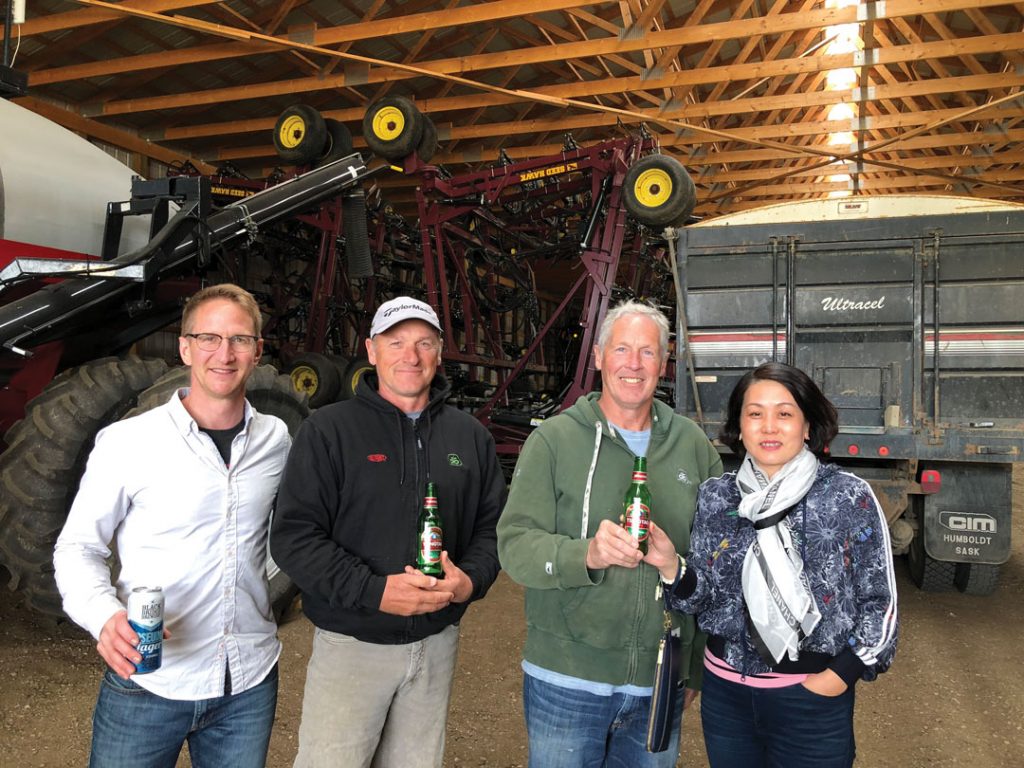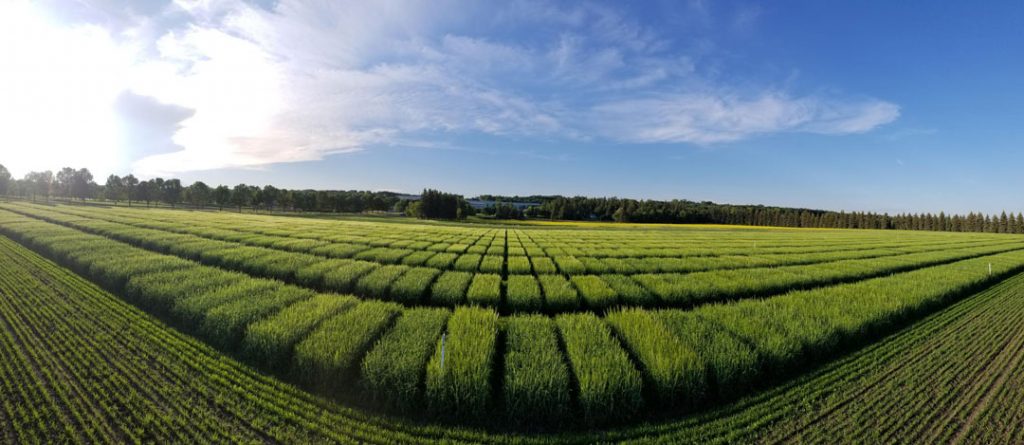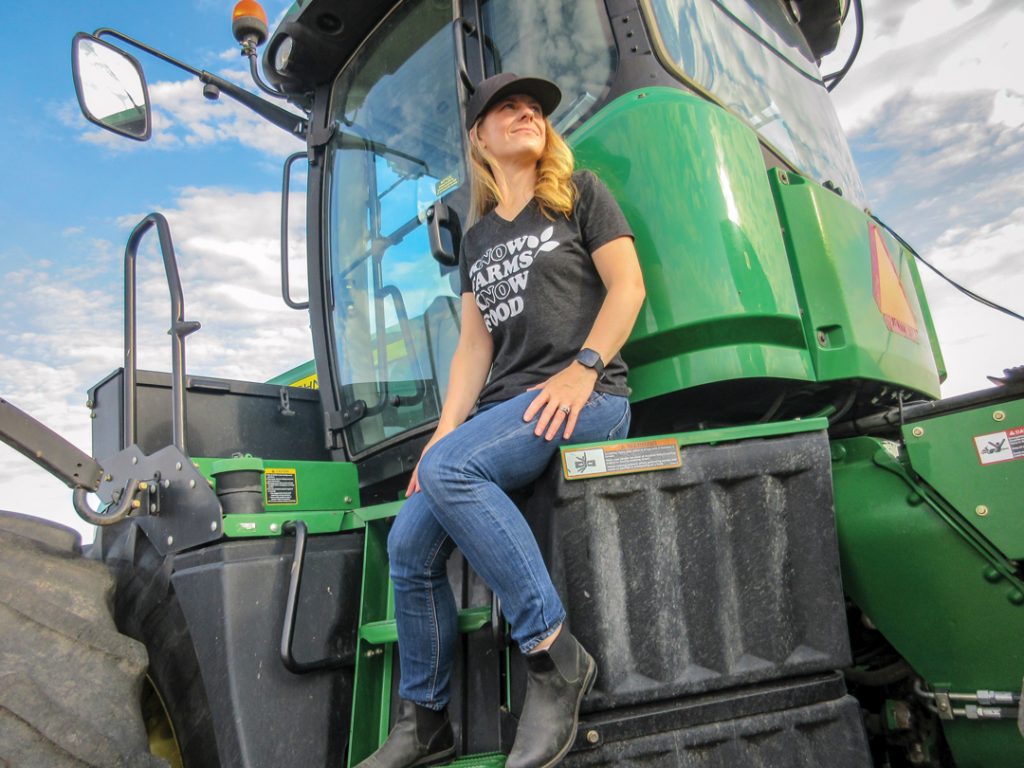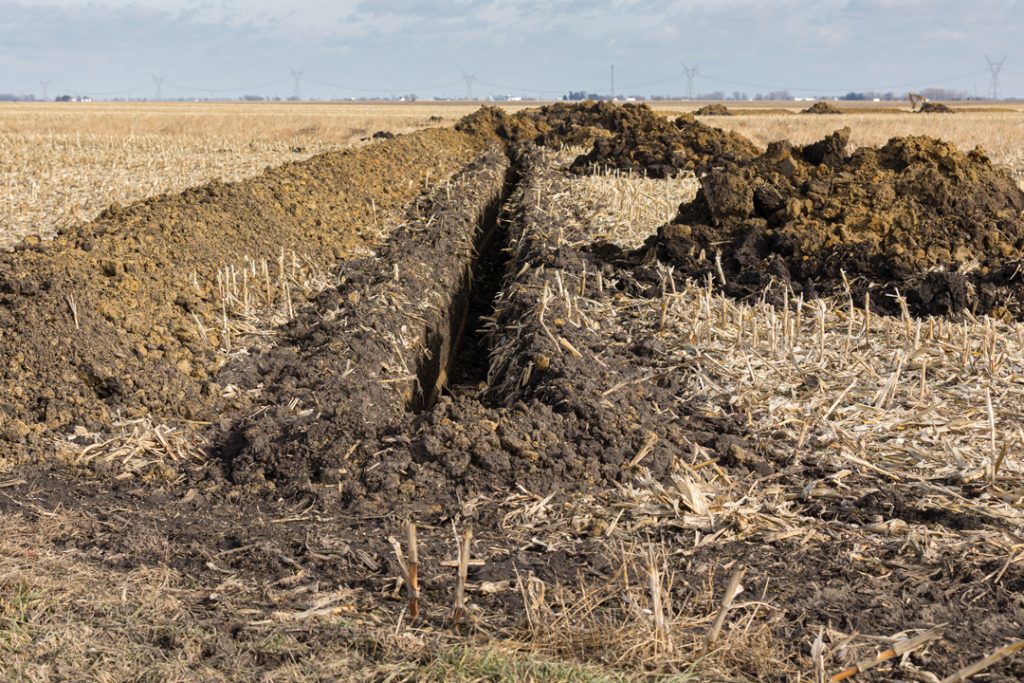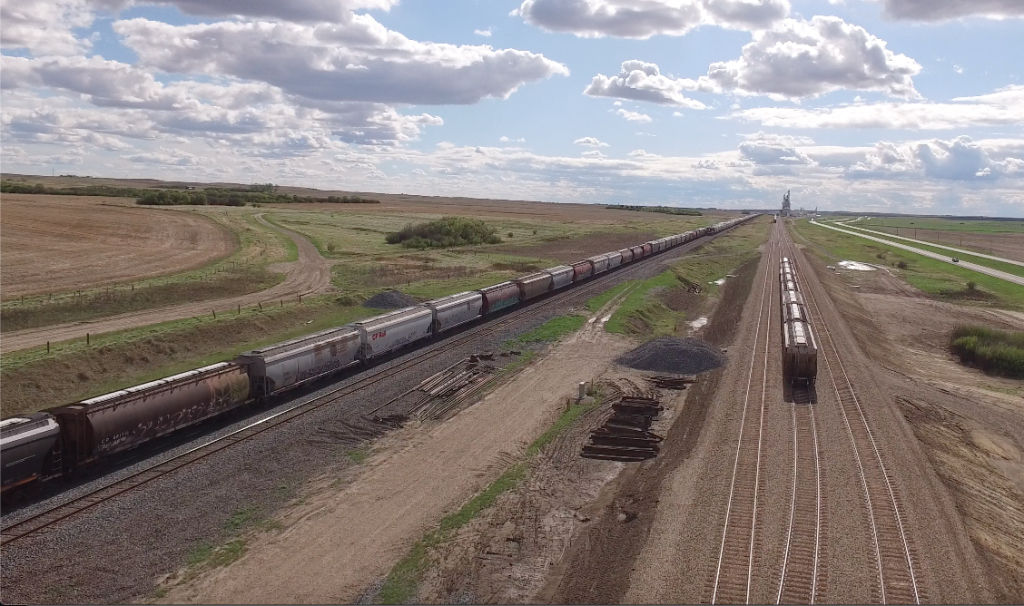ALBERTA RECOVERY PLAN GOES INTO ACTION
With the initial projects recently announced, the first agriculture industry-related elements of the Alberta Recovery Plan are now up and running. From investment in irrigation infrastructure, to the opening of new international export offices, to new post-secondary research funding, the initiatives are intended to position agriculture and forestry as a part of the solution to Alberta’s economic woes.






